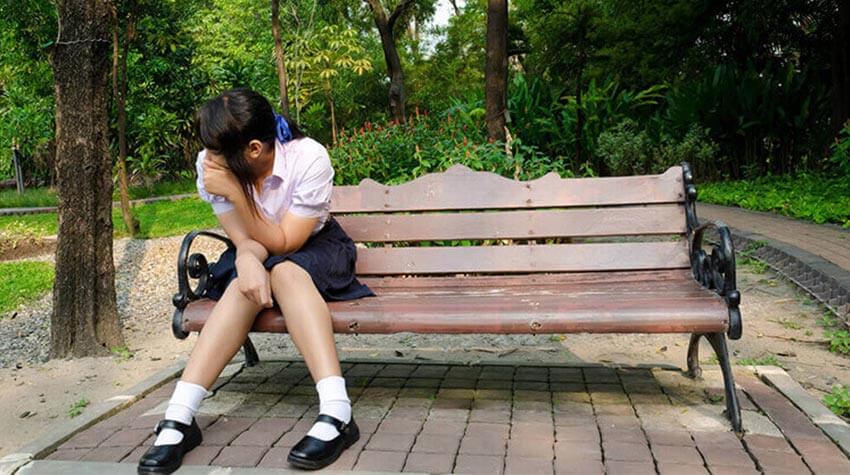Survey Finds That Sexual Assault On Campuses Is A Big Problem.
A survey of students at 27 universities has uncovered some startling statistics on sexual assaults on campuses across the country. According to the survey, nearly 1 in 4 undergraduate women were the victims of unwanted sexual contact, either by force or because they were unable to consent due to drugs or alcohol. The survey was conducted by the Association of American Universities, and its findings were consistent with similar surveys of college students.
The survey collected responses online from 150,000 graduate and undergraduate students, approximately a 19% response rate from the 779,170 students who were asked to participate in the research.
From the responses, researchers saw that the rates of unwanted sexual contact was nearly a quarter, or 1 in 4 women. Some of the statistics varied by institution, with some showing that only 13% of women felt violated, while others were as high as 30%. Some of the schools that participated included Harvard, Yale, Ohio State University, and University of Florida.
Freshmen girls were more likely than their senior peers to be the victims of unsolicited sexual acts, including penetration and sexual touching. Perhaps more disturbing though, was that the survey showed how few students actually report the incidents to authorities. It’s a problem that many campuses are working hard to address. Even the Obama administration has made recent efforts to encourage students to report sexual assault, bringing public attention to the issue.
Changing How We Think About Consent And Sex With Young Adults
While the rates of reporting varied by institution, from a low of 17% to a high of 46%, the most common reason for not reporting it was that the respondent didn’t consider it “serious enough.” A third of those girls also felt “embarrassed, ashamed or [thought] it would be too emotionally difficult.”
This survey was slightly different from similar ones that have been highly publicized. Rather than approaching consent from a “no means no” viewpoint, it asked students about the “absence of affirmative consent,” or in other words, the absence of “yes means yes.” Affirmative consent has become a more common standard for sexual misconduct at universities. In September of last year, California passed a law requiring all universities and schools in the state to establish the standard of “yes, means, yes.” The law requires students to get positive consent from a partner before engaging in sexual activity.
Sexual misconduct can be a touchy subject to address with young adults. In a lot of public cases, it can quickly become a “he said, she said” situation that leaves little resolution. Misunderstandings on consent are a widespread problem among young people. Even comedian Jon Oliver recently addressed the issue in his popular program Last Week Tonight that has a young adult audience.
It’s important in these circumstances to remember the victim, but to also consider the perpetrator so that it can be learned how to prevent this in the future. By teaching young men to respect their female partners, including taking responsibility for their actions, a lot of these cases may be prevented. There’s a lot of detailed aspects that should be considered in addressing the problem, but for parents who worry about their young adults, programs like At The Crossroads teach responsibility and accountability to young people who are struggling to transition into adulthood.
At The Crossroads’ transitional living programs for young adults is designed for troubled young men and women who are struggling to live independently, caught up into substance abuse, emotionally immature, and not ready to make it on their own.

Recent Comments